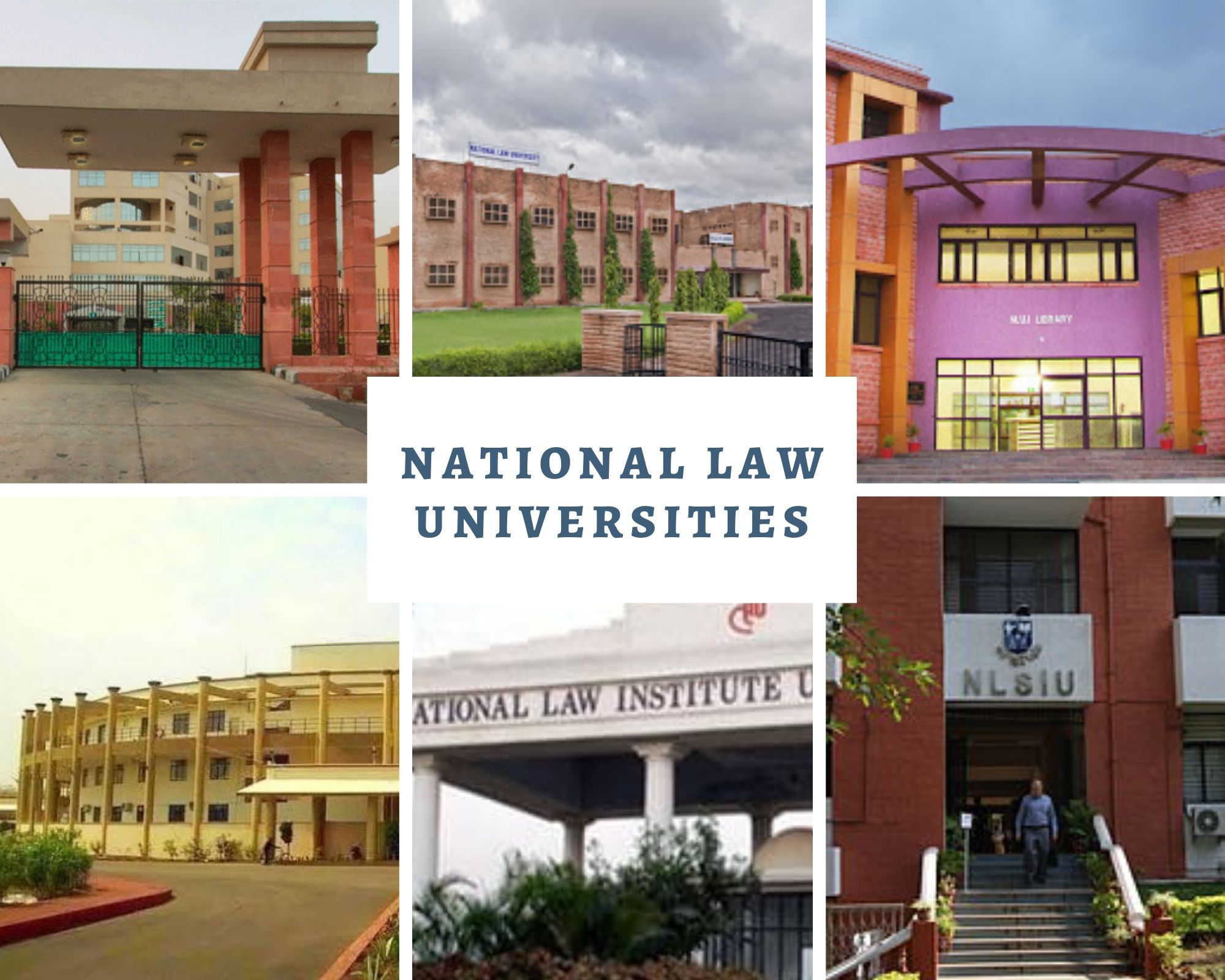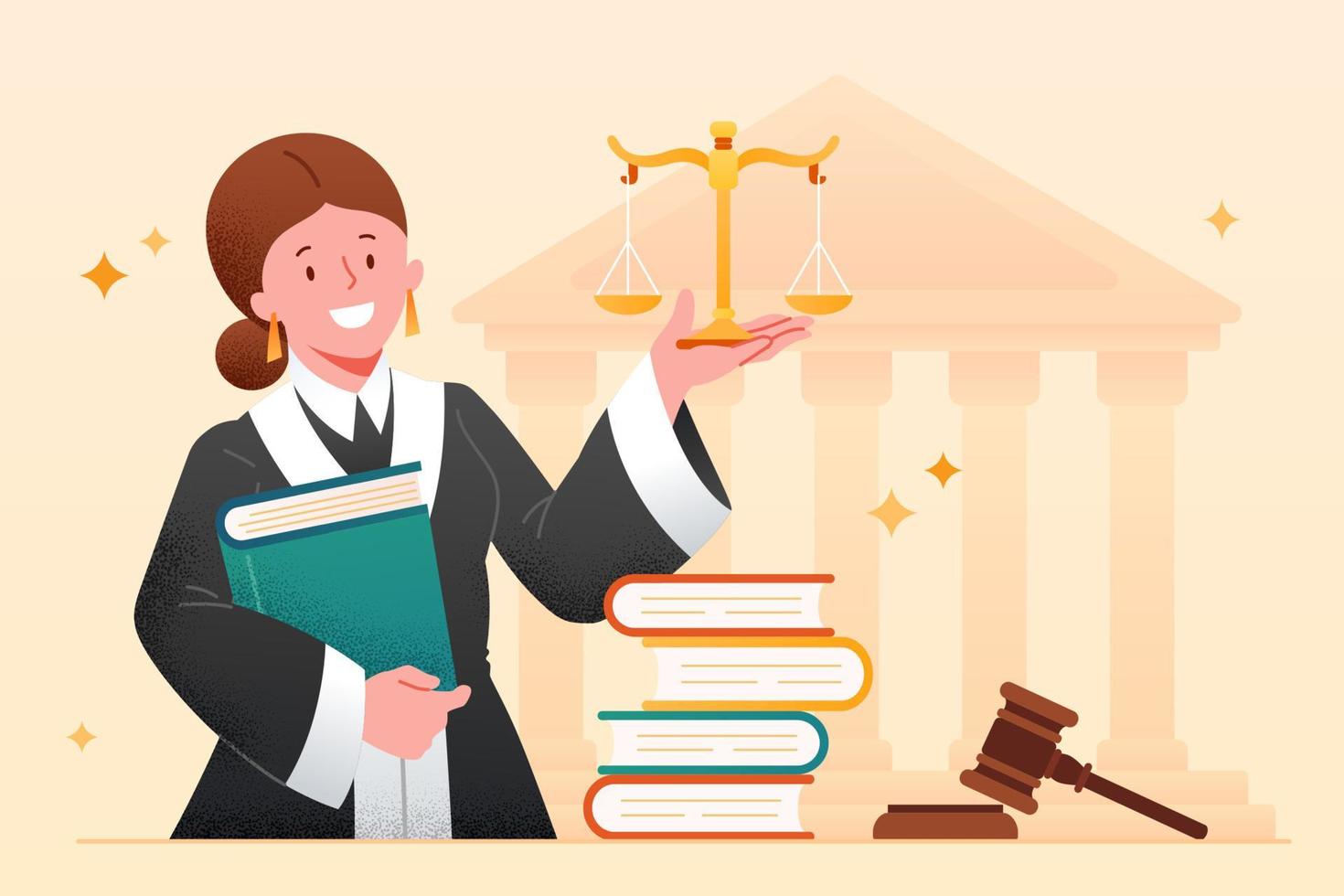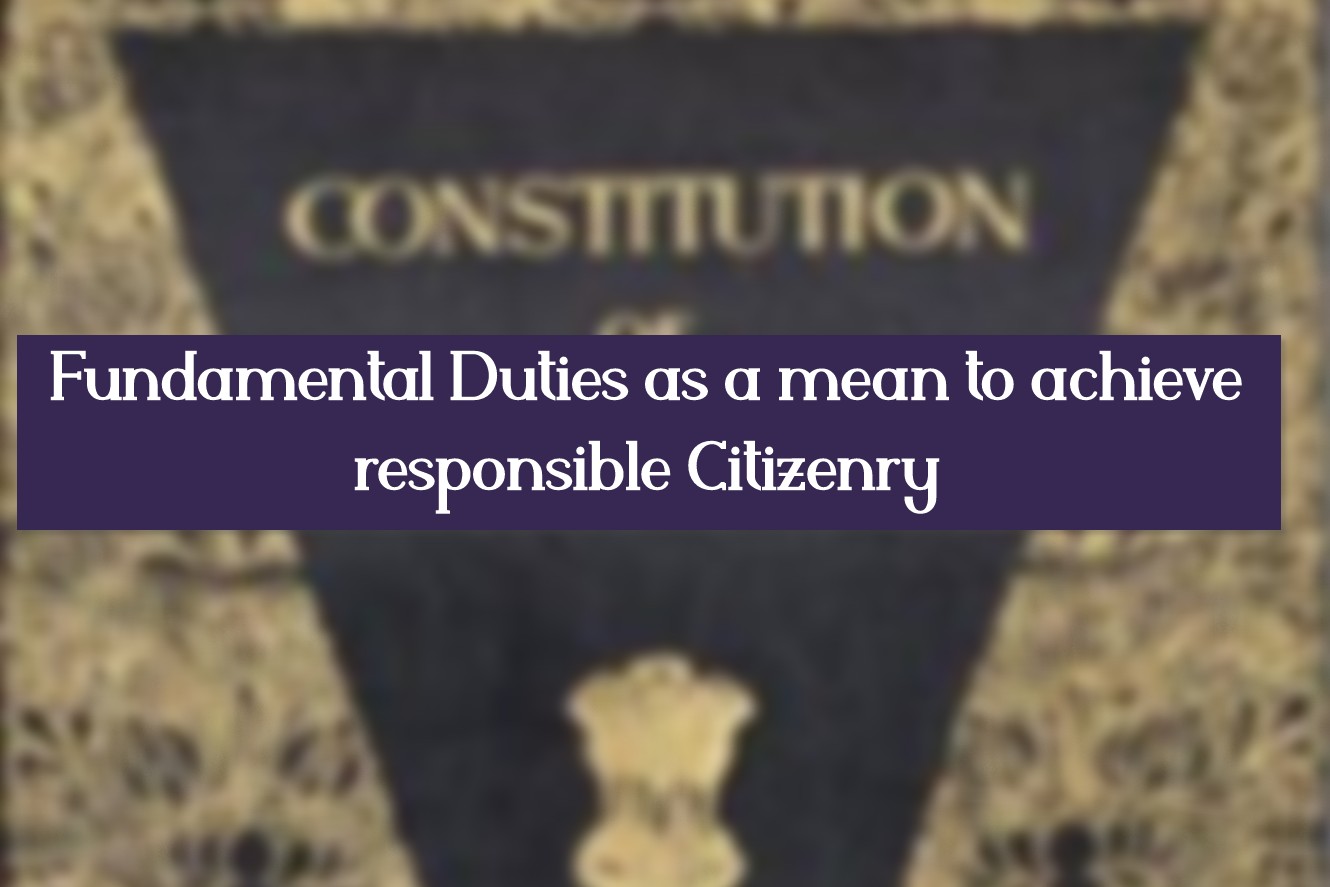Why NLU Students Do Not Join Litigation?

Chief Justice of India D.Y. Chandrachud is a known name in every middle-class home now because of his firm and justified judgement given against ‘unconstitutional’ Electoral Bonds. Not only is he known for his judgement, but MR CJI is also a known personality for his splendid views on the betterment of the Indian Judicial System and National Law Universities (NLU). He has always taken a stand for the upliftment of the Judicial System in India, whether asking to have ‘difficult conversations’ over long court vacations, the need for simpler languages in passing judgements, the need for equal opportunities for women lawyers in the legal profession and also raised about the ‘system’ of paying less to the new or juniors.
This prompted us to consider the data revealed last year that says ‘not even 20% of NLU students work in the field of litigation’. But the question is, why?

Speaking at an event at the IIULER in Goa, Mr Manan Kumar Mishra, Chairperson of the Bar Council of India, stated that most NLU students appeared to be more interested in working for various companies. “Not even 20% of NLU students choose to work in the field of litigation, which is disheartening,” he added.
Imagine a candidate from a middle-class family in a Tier 1 NLU. The reason why they chose law is that they would be able to practice inside a court and not sit behind computers and do clerical work in a law firm. Then why did that candidate, after taking the challenging entrance exam of the legal profession and spending half a decade in graduating, choose not to walk on the path of litigation and hold the hands of corporate companies and not before a court of law? At first, it may sound like a personal choice; however, when watched closely, it emerges as an attempt due to non-holistic waves of society towards litigation.
This draws attention to the fact mentioned at the start of the article, which is why CJI asked the senior lawyers to pay well to their juniors. He also stated that the legal profession is still an “old boys’ club,” with possibilities limited to a small group inside a network. That can be one of the big reasons why NLU students choose not to pursue litigation and walk down the aisle of corporate law firms.

Another law person, Mr Darpan Magan, Advocate, High Court of Delhi, writes in his LinkedIn post that many students take loans for law graduation courses. If they have to endure the low paycheck days in the initial years, then they may have no choice but to go into the corporate law firms just to break even and pay off the education loan that they have taken.
That happens to be one of the reasons why NLU graduates do not pursue litigation in large numbers. Only the privileged ones get to pursue litigation, justifying the ‘old-boys club’ of CJI. Therefore, there is a need for reforms so that the young lawyers from both NLU and non-NLU choose to pursue the route of litigation and develop an atmosphere of constitutional culture.
This matter was raised earlier also when another law person, former CJI NV Ramana, while delivering the Convocation address at the 8th Convocation 2021, noted that NLUs are perceived as elitists and disconnected from social realities because the majority of NLU graduates work for corporate law companies rather than as lawyers in courts. Former CJI pointed out that the principal goal of establishing national law universities in the country was to increase the quality of legal education and generate better-qualified legal practitioners. However, no reliable research has been undertaken to assess if this has occurred.
Furthermore, for a variety of reasons, the majority of students from these colleges wind up working for corporate law firms. Even while such law firms are an essential element of the country’s legal scene, it is sad that National Law Universities are not adding a corresponding number of lawyers working in courts. This may be one of the reasons why national law universities are regarded as elitist and disconnected from social reality.
All these statements by eminent law persons pave the way for the fact that NLU students are inclined towards taking opportunities at corporate law firms, over using their legal skills towards developing a constitutional culture in the society. One may ask that it is the right of the individual to choose one profession over another. However, behind every institutional establishment like NLU, there exists the primary goal to develop and deliver comprehensive, multidisciplinary legal education that is socially relevant.
The candidates graduating from these coveted institutes are the powerful tools who have the moral duty to use their education in a way that promotes legal and ethical ideals while also fostering the rule of law and the objectives outlined in India’s Constitution.
At the same time, personal choices also cannot be ignored. High fees in NLU colleges and then getting low salaries in initial days, or lower paychecks to juniors by their seniors, as advocated by Mr Magan and CJI, respectively, draws attention to the need for reforms, both in colleges in terms of fee restructuring and courts, in terms of better salaries, is needed.
Also, the to-be young lawyers getting an education in these colleges should be motivated in such a way that they choose litigation routes after completing their degrees and become voices for the voiceless and teach the power of the supreme document ‘The Constitution of India’ to a large segment of the population and make them aware of their fundamental rights and duties embedded in the Constitution.
With reforms in both education in colleges and practising in courts, the young legal minds from coveted law colleges will get the inspiration to steer the movement in the right direction. As a result, law graduates will be able to instil analytical skills, critical assessment, and innovative solutions to social and legal problems. The most vulnerable people are frequently victims of human rights breaches, whether by the state or by anti-social groups.
As young advocates, they are best positioned to vigorously oppose the same by legal action, therefore, there is a need to make changes and get the answer to the question titled ‘Why NLU Students Do Not Join Litigation’ after earning their degrees.

As asserted by former CJI, the Constitution is for all citizens, and lawyers have an ensemble duty to foster constitutional culture and raise awareness. It should be their goal to explain the Constitutional provisions in simple words and instil their ethos in the minds of the people. A constitutional republic will only exist if its citizens understand what their Constitution envisions, protecting their rights and fulfilling their duties.




